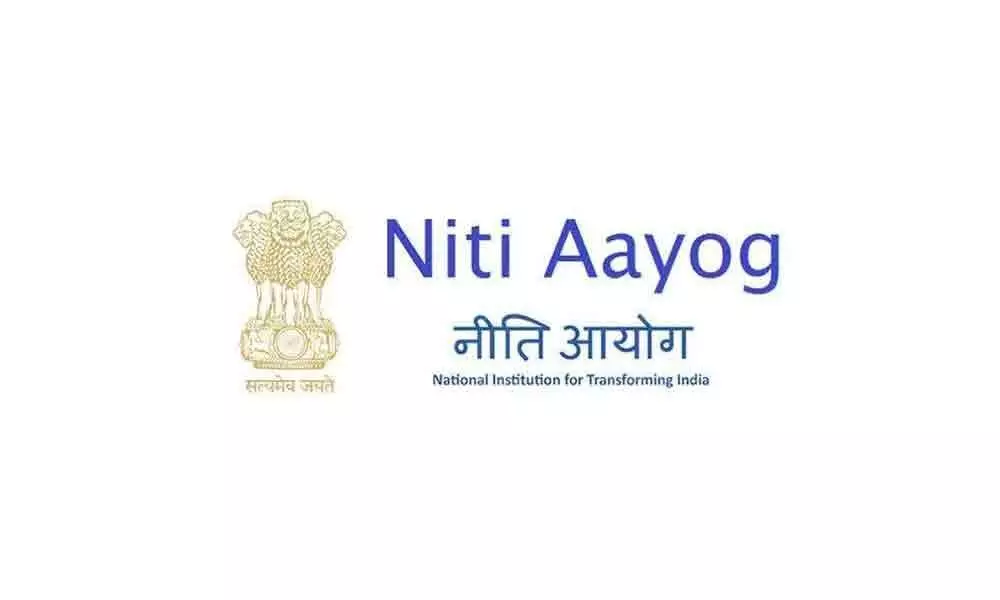Stock market's reaction on Budget surprising: Niti Aayog

Niti Aayog Vice Chairman Rajiv Kumar expressed surprise over the stock market reacting negatively on the Budget proposals, saying investors probably expected some big bang reforms and ignored the initiatives towards investment and growth.
New Delhi: Niti Aayog Vice Chairman Rajiv Kumar expressed surprise over the stock market reacting negatively on the Budget proposals, saying investors probably expected some big bang reforms and ignored the initiatives towards investment and growth.
Kumar said the Budget has done nothing wrong, and it has "ticked all the boxes". Giving a thumbs down to the Budget, the market benchmark Sensex logged its biggest single-day plunge in more than a decade, wiping out Rs 3.46 lakh crore investor wealth.
"I am actually quite surprised by the market's reactions yesterday, going down 1,000 points. I was trying to understand why that happened," he wondered.
Kumar added that "The Budget does nothing wrong, it has got nothing anti-private investment or anti-private sector or anti-growth, the Budget is ticking all the boxes". Probably, the market was expecting some big bang reforms that are associated with huge push for consumption as was witnessed in the aftermath of Lehman Brothers crisis in 2008.
"So my own thought was that market expected so called big bang reforms and by big bang reforms, normally everybody understands in India, a huge impetus for consumption. And I think the best example of that was in 2008 Budget which preceded the Lehman Brothers crisis," he said.
Pointing out that the UPA-1 gave lot of sops in 2008 Budget because elections were due, Kumar said it had resulted in ballooning of the fiscal deficit to 6 per cent in 2009 from 2.5 per cent.
"If the market had expected that kind of consumption boost without any regard to fiscal discipline, it was not possible," he said adding that Prime Minister Narendra Modi was very clear that Fiscal Responsibility and Budget Management (FRBM) target should not be breached. "Therefore, if you notice, we used 0.5 per cent escape clause (under FRBM) and remained within that," Kumar stressed.
The Niti Aayog vice chairman said the Budget has given a big boost to the investment. "Many steps are announced to improve the investment sentiments, both foreign and domestic," he said.
Asked if it is still possible to achieve $5 trillion target by 2024-25, the eminent economist said it is not an unreal goal and will be achieved. "In the next 5 years, there is no reason to believe that you can't achieve that unless rupee depreciates out of the blue etc.
If you do 6-6.5 per cent (growth) now (2020-21) and jump up to 7-8 per cent (growth) in remaining four years, you will achieve that, that's not an unreal target," he said. Moreover, Kumar said, the Prime Minister has mentioned it as an inspirational target, more to drive the people together. "And I think, we should keep that intact.
Any revision will only create massive discouragement, and not push the people, especially in government to go towards that," the Niti Aayog vice chairman observed.
On the finance minister's decision to increase customs duty on certain products, Kumar said he was always a votary of trade liberalisation.
"I hope it (hike of custom duty on certain products) is a temporary measure to provide relief to Indian industry which is feeling very threatened with the Chinese imports, and hopefully enough will be done by the industry and the government to give them kind of competitiveness so that they will be able to stand up against (Chinese) imports without the support," he said.








